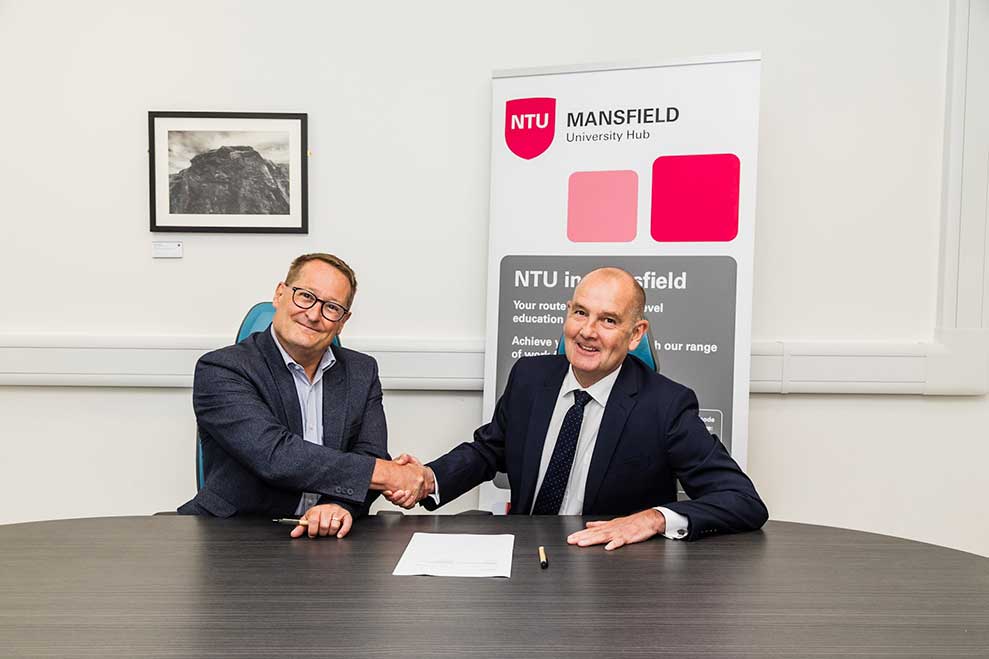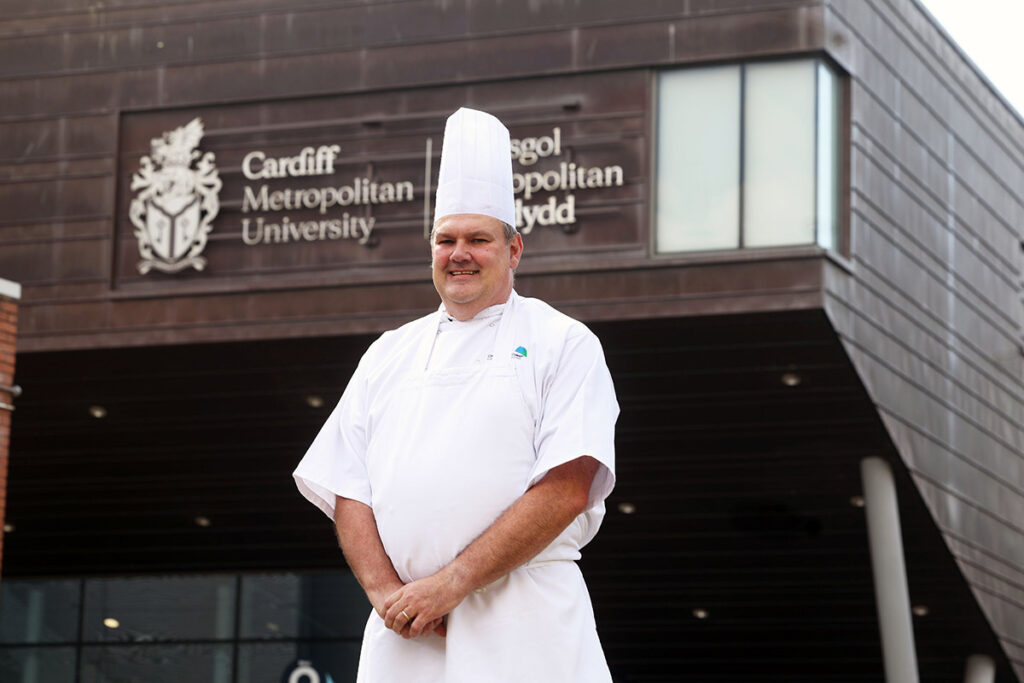We have recently received our results of the annual Knowledge Exchange Framework (KEF), an initiative introduced by Research England.

Similar to the Research Excellence Framework (REF) and the Teaching Excellence Framework (TEF), the KEF is also a measurement that we use to benchmark and track our activities and performance – in this case within knowledge exchange.
Simply put, knowledge exchange is our work with external partners such as businesses and organisations of all sizes to share our knowledge and expertise for the benefit of the community and economy.
The KEF measures seven perspectives of knowledge exchange, namely:
- Research partnerships
- Working with business
- Working with the public and third sector
- Skills, enterprise and entrepreneurship
- Local growth and regeneration
- Intellectual Property (IP) and commercialisation; and
- Public and community engagement
The metrics used are based on income, and in the case of Public and community engagement and Local growth and regeneration – a self-assessment submission. To aid benchmarking and performance, institutions are clustered together with comparable universities.
This year we are encouraged to report that once again, our results remain consistent and expected amongst our competitor universities. We remain average or above average engagement for the majority of the above perspectives.
Our ranking slightly increased in the Research Partnerships element but dipped slightly for Working with Business. This seems to be mainly due to movements in the wider sector affecting the benchmark as our activity remains fairly stable.
We will use these results to track and improve our performance in these areas, to ensure we remain accountable and continue to play an important role in our community. It also helps to showcase the excellent work we are doing at a national level, and in the future, may be used by Research England to inform its approach to funding.
Professor Sarah Speight
Deputy Vice-Chancellor and Provost
Nottingham Trent University





